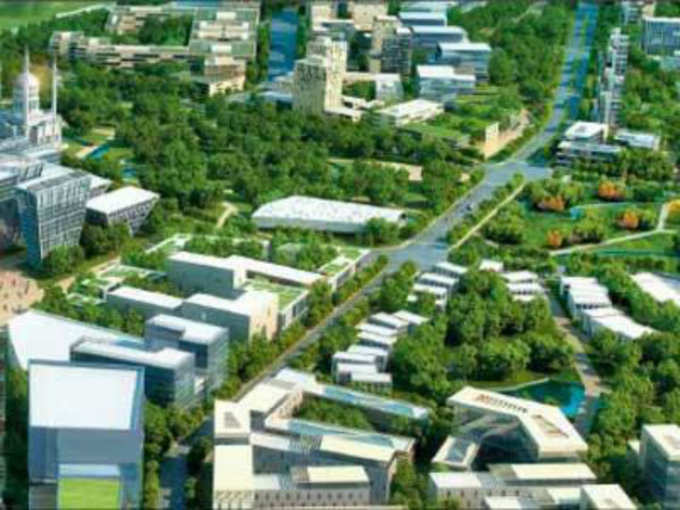 There is a common perception that life could be better only in metro cities, but India’s tier-II cities are developing fast and offering opportunities for growth. One such example is Bhubaneswar, which is slowly becoming a hub for research and technology startups in the eastern region.
There is a common perception that life could be better only in metro cities, but India’s tier-II cities are developing fast and offering opportunities for growth. One such example is Bhubaneswar, which is slowly becoming a hub for research and technology startups in the eastern region.
Let’s read about a person who moved from Kolkata to Bhubaneswar, looking for more opportunities to grow.
Young geneticist
The company,
He is talking to large companies to provide testing services for their employees, and to figure out how much stress has influenced the functioning of their genes. "We are looking at the effect of lifestyle on the entire genome," says Banerjee.
InDNA is the most high-tech among the KIIT incubator companies. In the past four years, KIIT has invested Rs 15 crore in its building and Rs 10 crore in equipment, for which the DBT provided Rs 9 crore. It has incubated 34 companies, nine of which have moved out to their own offices and are in business. Bhubaneswar has other startups too, as the large IT companies have come to the city.
With several institutes of higher education, including an
With its sketchy business history and laidback culture, Bhubaneswar at first seems an unlikely birthplace for 21st century startups. None of its educational institutions has set the country on fire through its research. The city is well laid out but retains its rural charm, being on the edge of a large forest and an elephant trail.
And yet there are signs of the city developing as a major eastern hub, as people of eastern origin started preferring the city to Kolkata. Consider IIT Bhubaneswar, one of the youngest among the country's elite institutions. It will eventually have a 1,000-acre campus, but it currently operates from a partially-abandoned government building, an environment that does not bother some of its young and distinguished faculty.
Let’s talk about another person who fulfilled his dream in the city.
Saroj Nayak returned from Rensselaer Polytechnic in the US a year ago to be a professor at IIT, despite several attempts by this famous institution to keep him back. Power cuts greeted him when he sat in his makeshift office, a situation he had never faced in his life.
His answer was to make solar back-up system, which he now sells through his startup Karma. This unit, replete with a solar panel, a battery, a fan, phone charger and a light, sells for around Rs 4,500. Nayak also had a fair bit of intelligence built into the system for energy management. "We are trying to reduce the environmental impact of energy generation with minimal investment,” he says.
The city is now sprouting luxurious new buildings, some of them built by large IT companies.
Bhubaneswar has some native IT startups too. Software services firm
(Image: Indiatimes)